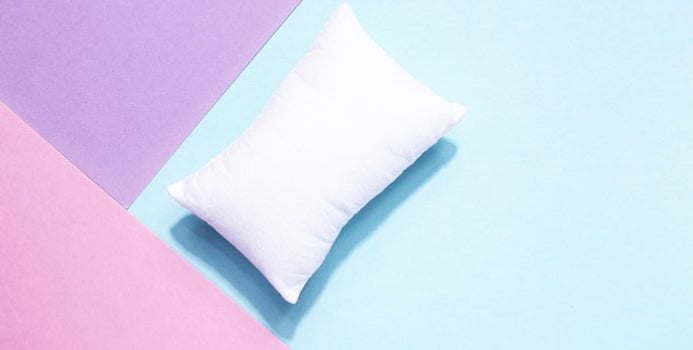Getting enough sleep is vital, and when our bodies don’t get enough of it we start to feel the effects. Melatonin is the hormone that controls your sleep and it is produced by the pineal gland (which is the size of a grain of rice) in the brain.
Your body controls how much melatonin is produced, sort of like an internal clock, and in most people, their melatonin levels are barely detectable during the day, because the pineal is inactive. However, towards evening, your melatonin levels will rise, and this is when you become tired.
Do melatonin levels always remain constant? Well no, not exactly, because according to WebMD, light also affects your melatonin levels, so in the winter months your body may produce melatonin either earlier or later than normal. Your levels of melatonin also begin to drop when you’re older.
You may have also seen melatonin in supplements (in a pill form) in the store, and it is often taken by people struggling to sleep or trying to take control of their sleep cycles (for example if their sleep patterns have been disrupted by night shifts), or to treat chronic headache clusters. But here is what you should know about these supplements before deciding to take them.
In most cases, taking low doses of melatonin is completely safe, however, it is not recommended for children or pregnant women, and if you are unsure about whether or not to take it, it is helpful to speak to a medical professional first. There is also a bit of confusion as to the recommended dose, and according to Reader's Digest, James A. Rowley MD said, "As melatonin is not a prescribed medication, the range of doses available is wide and there is no one recognized dose for patients with insomnia or sleep phase disorder.”
There are also some side effects involved with taking melatonin, and you may feel tired the next morning and experience a sense of grogginess, have vivid dreams, and a change in blood pressure or lower body temperature.
Before taking supplements, remember that this is not the only way to cure a sleep disorder, and it may be useful to research alternatives. The disruption in your sleep could be caused by something as simple as avoiding the blue lights of screens before you sleep (which are proven to suppress the body's levels of melatonin) or skipping a nap in the late afternoon.
[Image via Shutterstock]



